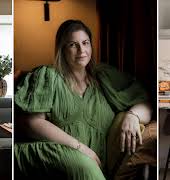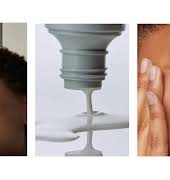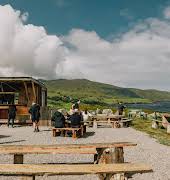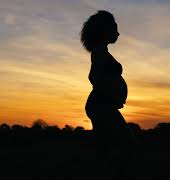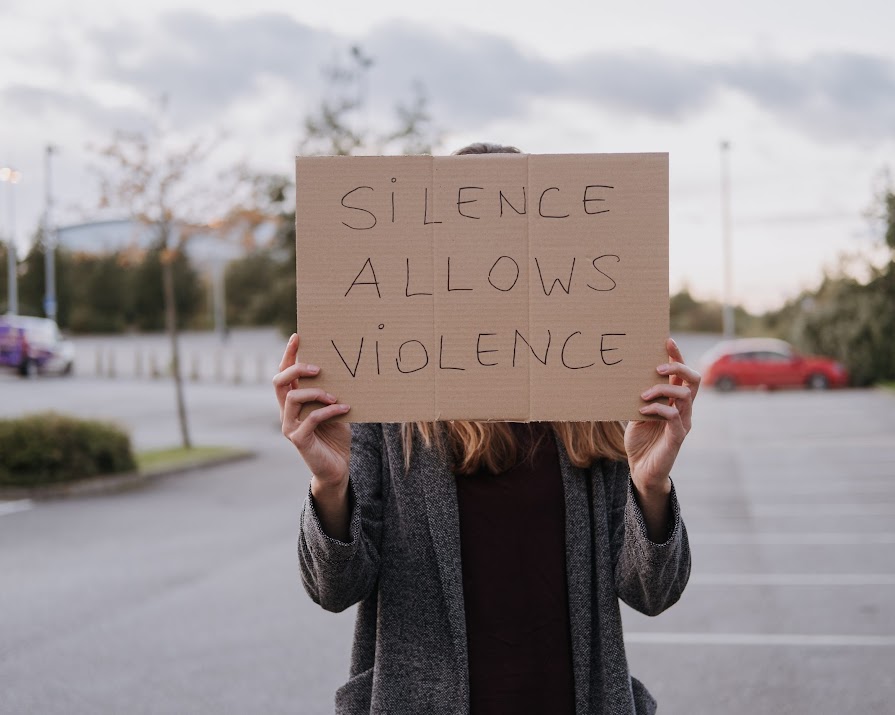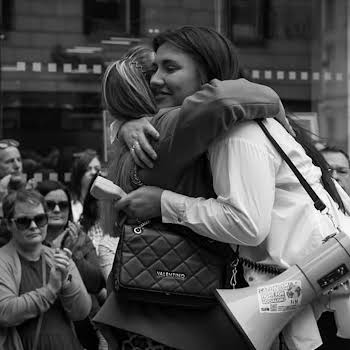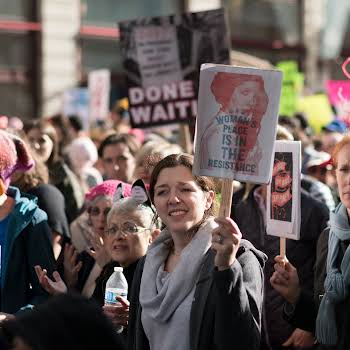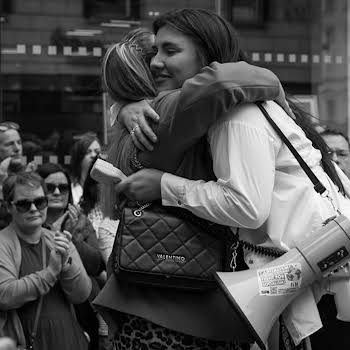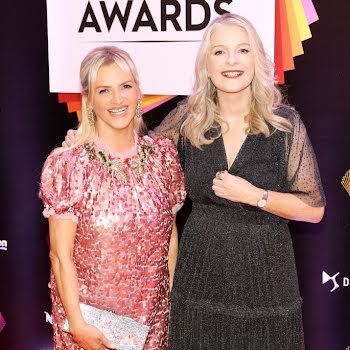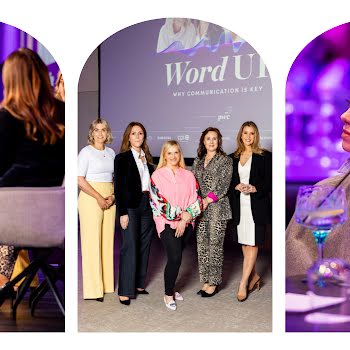In the last 10 days, four women have been attacked in Cork, Dublin and Kilkenny: So when do we march?
Swaggering in its indemnity, male violence against women continues to pervade our streets with brutal examples continuing to crop up every week
It’s hard to keep writing about the “trend” in male violence against women in Ireland and the UK. In part, it’s because so little has changed since women were aggressively arrested at a vigil for Sarah Everard in the UK last year and the murder of Ashling Murphy last month.
At the time of Ashling’s murder, the Taoiseach said that a “broad societal approach” was needed to end violence against women, noting that Minister for Justice Helen McEntee was working on a third national strategy on domestic, sexual and gender-based violence. In the Dáil, Minister McEntee promised to introduce a bill that would increase the criminal offences for stalking and non-fatal strangulation.
But these changes due in April 2022, seem like a drop in the ocean of the cacophony of violence against women.
Gender-based violence in Ireland
In the last 12 months alone, we have seen the horrific domestic abuse cases make their way through the court: the murders of Nadine Lott, Camara De Campos and Catherine Ward by their partners and the many more violent attacks perpetrated by intimate partners. And these trials are the exception, not the rule. Women’s Aid estimates that 1 in 7 women in Ireland has been victims of physical violence, yet according to the European Union Agency for Fundamental Rights, only 21% of women who experienced sexual or physical violence reported it, and a fraction of those made it to court.
On Saturday, January 30, a woman in her twenties was attacked while walking along Evergreen Street in Cork City at 11.30pm. Classified as a random attack, she was struck on the head from behind by a lone man and then kicked repeatedly while she lay on the ground. The brutal assault only ended when a passing motorist intervened, forcing the man to flee the scene. She remains in hospital with serious injuries including a broken jaw and Gardaí are searching for a suspect.
On Monday, January 31, a 17-year-old was attacked while out walking in rural Kilkenny at midday. In what Gardaí are calling a suspected abduction, the teenager was attacked by a man wielding scissors. She managed to fight him off and get home, where she raised the alarm. She required hospital treatment but thankfully is now back at home. The suspect is still at large.
On February 1, a woman in her 50s was attacked in St Stephen’s Green at about 4pm. She was treated in hospital for her injuries, which included a broken nose. A man in his 30s was arrested but no more information has been released.
A teenage girl was sexually assaulted by a 34-year-old man in Fermoy, Co Cork on Monday, February 7, outside the local church. The man allegedly went up behind the 16-year-old girl “and tried to forcibly remove her undergarments”.
Holistic change
The most terrifying thing about these attacks, and those on Ashling Murphy and Alanna Quinn Idris, is the arrogance. Some are premeditated, some are the act of but a moment, but the commonality is that the perpetrators clearly had no concern for the consequences of their actions. They had no fears of retribution, attacking in busy and sunlit spaces and choosing the victims of their violence at random.
Suddenly, a two-month wait for piecemeal legislation does not sound like enough.
What we need now are wholesale, holistic changes. We have just lived through Covid-19, but violence against women has been a much longer, much more insidious pandemic, capable of surviving in the darkened corners of our homes and silent workspaces.
In 2020, An Garda Siochana received 43,500 calls to respond to domestic abuse incidents. But what happens after they call? What happens if the victim refuses to prosecute out of fear or the case falls through? What are the next steps to protecting this woman and other women from becoming another statistic of violence against women?
There is still so much shame and stigma, particularly around domestic abuse. 92% of homeless women have experienced violence. Where are the education programs being implemented in schools, the workshops teaching young boys to more appropriately manage and process their feelings? Where is the legislation to monitor porn, particularly violent porn that pervades the Internet?
Every teenage girl has it hammered into them that if they have sex, they will get pregnant (an inaccurate and frankly unhelpful falsity). Why can’t we import the same significance to young boys on the issue of consent and shared responsibility?
There is so much more to the issue than prosecuting individual men or fiddling with existing laws. As Sarah Benson, CEO of Women’s Aid Ireland put it in the wake of Ashling’s murder, “every woman should have the right to be safe, both in their own homes and in their communities. We need a zero-tolerance policy to all forms of male violence against women and it will take all of us to commit to lasting change. This includes men who must act as allies in tackling misogyny and inequality. There needs to be an investment in resources for education to change attitudes and we need an improved criminal justice system that better protects women. If we do this, we will ultimately create a more equal and safer society for everyone – men and women alike.”
We can no longer be contented with putting a bandaid on a gaping wound in our society, its deep roots in the privacy of women’s homes allowing it to germinate and contaminate our streets, swaggering and conceited in its indemnity.
So, my next question is, when do we march?

